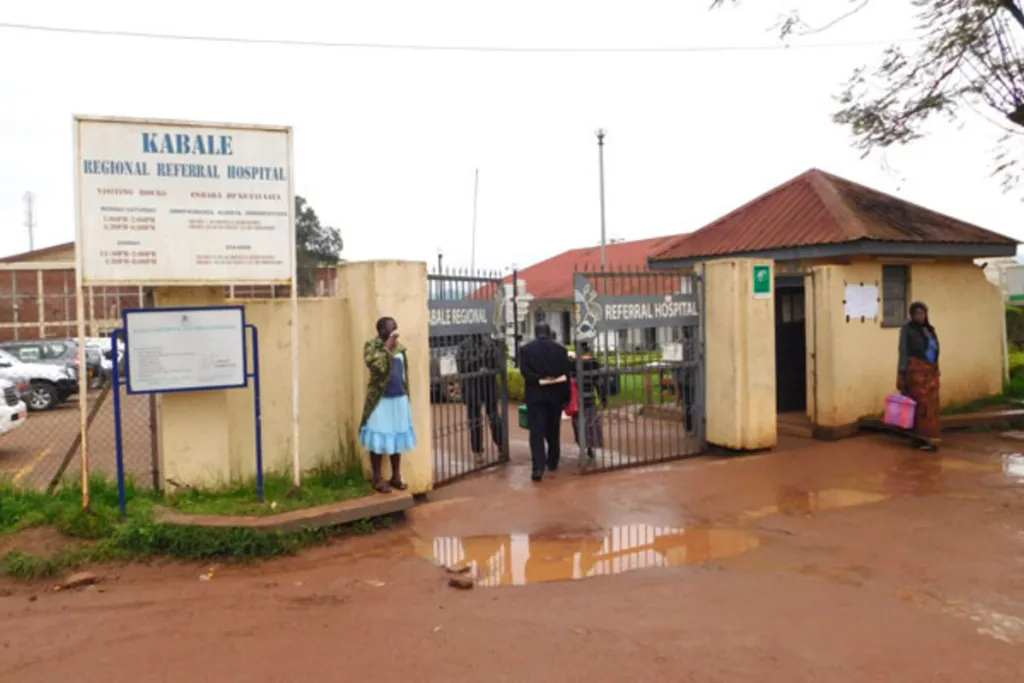Summary:
- Panic ensued at Kabale Regional Referral Hospital in Uganda as it confirmed five new COVID-19 cases, attributing the surge to low vaccination rates. Dr. Namutebi expressed concern about the virus persisting and designated a medical ward as an isolation center. Officials urged public vaccination and adherence to safety measures, noting a decline in booster dose turnout.
Panic gripped Kabale Regional Referral Hospital on Wednesday as hospital authorities confirmed the admission of five COVID-19 patients, signaling a resurgence of the virus in Kabale District, Southwestern Uganda.
Dr. Anne Namutebi, a physician at the hospital, disclosed that from the last week of December 2023 to January 2024, eight cases of COVID-19 had been recorded, with five patients currently undergoing treatment. Despite an increase in flu and cough cases, she noted a reluctance among people to undergo testing.
Let Us Build Your Online Success!
We are the experts in creating visually stunning and functional websites. With reliable hosting and exceptional customer support, we bring your vision to life. Join hundreds of happy clients who trust us!
Get Started Now📞 Call/WhatsApp: +256 207 800 192
Dr. Namutebi linked the new cases to a significant portion of the population being either unvaccinated or partially vaccinated, contributing to the emergence of this new wave. Expressing concern about the persistence of COVID-19, she likened it to other influenza viruses and mentioned that the hospital has now designated the medical ward as an isolation center for incoming COVID-19 patients.
While expressing hope that widespread vaccination would mitigate the impact, Dr. Namutebi emphasized the insufficient vaccination coverage in Uganda, anticipating continued variations of COVID-19 in the community.
Alfred Besigensi, the Kabale District Health Educator, stressed the need for public participation in vaccination efforts and adherence to safety measures. He urged the public to get vaccinated, wear masks, use sanitizers, and avoid crowded places to curb the spread of the virus.
Besigensi highlighted the positive response for the first dose of vaccination at 80%, but he expressed concern about the low turnout for booster doses as COVID-19 cases decreased.
Dr. Henry Kanya, the District Epidemiologist at Kabale Hospital, reported that 54% of the population in the Kigezi sub-region, equivalent to 400,253 people, had received vaccination against the viral disease.
Regarding the global situation, the World Health Organization Director-General declared the end of the global health emergency for COVID-19 in May 2023. However, he emphasized that this did not eliminate the virus as a global health threat. By November 2023, 72% of people worldwide had received at least one dose of a COVID-19 vaccine, with 13.6 billion doses administered globally, leading to a significant reduction in severe illness and hospitalizations.

